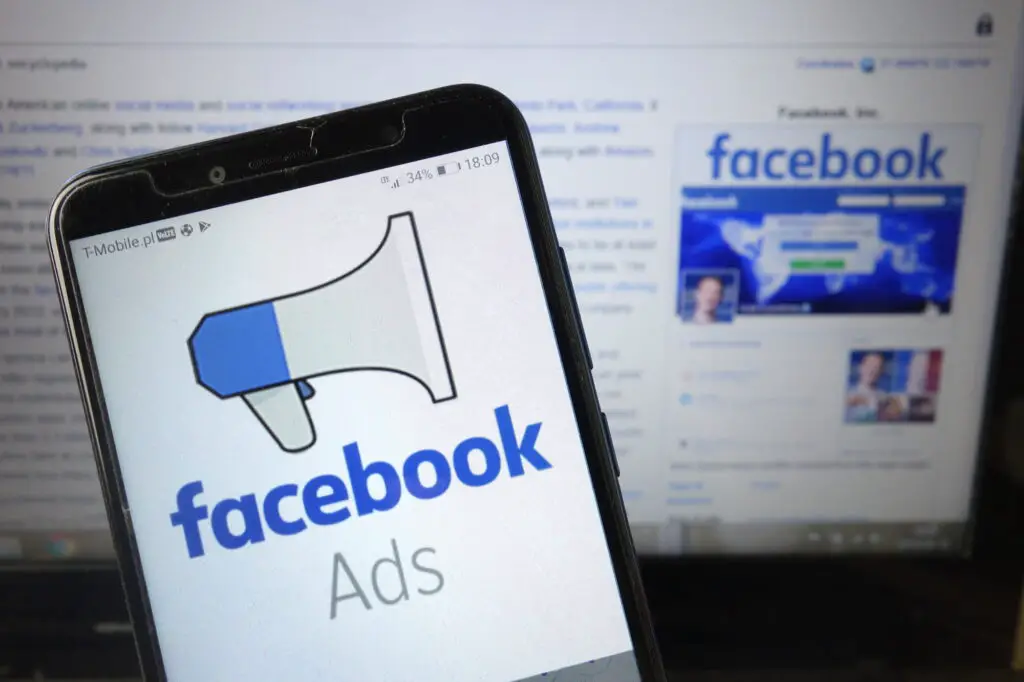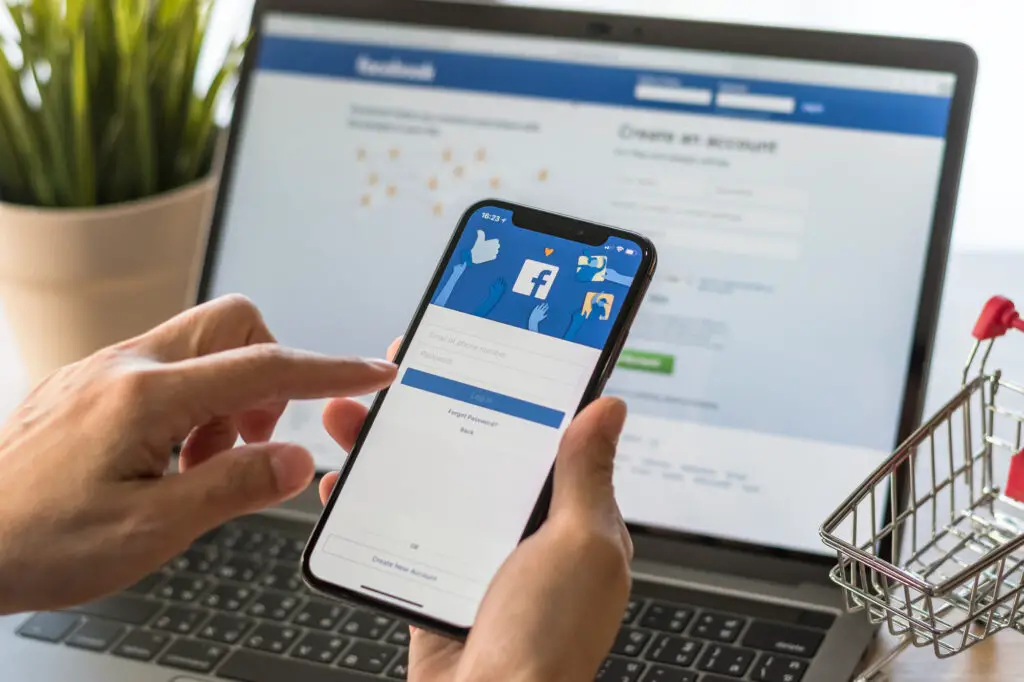In today’s digital era, Facebook offers a unique platform for small businesses to connect with potential customers. With billions of active users worldwide, this social media behemoth can be a crucial tool in your marketing arsenal. But it’s not just about the numbers, though.
Facebook’s unique features and powerful targeting tools allow small businesses to reach the right people, at the right time, in the right way. This article explores strategies that small businesses can use to leverage the platform’s features and reach their marketing objectives.
1. Understand Your Target Audience
Gaining a deep understanding of your target audience is a fundamental step in leveraging Facebook for your small business marketing. This involves:
- Demographics: Know the age, gender, location, education level, and employment status of your ideal customers. Facebook’s Audience Insights tool can provide this information and help you make data-driven decisions.
- Interests: Identify what your audience likes. What are their hobbies? What other businesses do they follow on Facebook? Use this information to craft posts that will pique their interest.
- Behavior: Understand how your target audience interacts online. When are they most active on the platform? How do they engage with posts – do they comment, share, or just like? Knowing this can help you tailor your posts to maximize engagement.
- Pain Points: Identify the problems or challenges your target audience faces that your product or service can solve. Addressing these pain points in your posts can make your business more relevant and valuable to your audience.
Understanding who your audience is will also help you decide which strategies work best for your business. When you’re deciding between using PPC vs Facebook ads, your target audience will ultimately determine which platform is the more suitable choice.
For instance, if your audience includes professionals who frequently use search engines like Google to find products or services related to your business, then PPC might be your best option. On the other hand, if your target audience largely consists of individuals who are more active on social media platforms, then Facebook ads might yield better results.
Knowing your audience is just the start. The next step is to develop content that will appeal to this audience.
2. Create Engaging Content
Despite having the best products or services, you may miss out on potential customers without engaging content. The trick is to strike a balance between promotional and informational content. To captivate your audience, consider the following tips:
- Tell Stories: People love a good story. Use this to your advantage by telling the story of your business, your products, or even your customers. Stories create a connection and help humanize your brand.
- Use Questions And Polls: Encourage interaction by asking questions or creating polls. This engages your audience and gives you insights into their preferences.
- Share User-Generated Content (UGC): Sharing content created by your customers, like reviews or photos of your products, can boost authenticity and engagement. Remember to always ask for permission before sharing.
- Provide Value: Whether it’s a how-to guide, an interesting infographic, or industry news, providing value to your audience keeps them coming back for more.
Mastering the art of creating engaging content can drive more interaction on your posts, boost your reach, and strengthen your relationship with your audience.
3. Post At The Right Times
Before advertising on Facebook, it’s crucial to post when your audience is most active to maximize your reach. The platform’s Insights tool is invaluable in this regard. It gives you a detailed overview of when your followers are online, helping you pinpoint the best times to post.
Aside from using the Insights tool, you can experiment with various posting times. This will help you discover the optimal times for your specific audience.
Stay consistent with your posting schedule once you’ve identified the best times to post. Regular posts at these times can enhance your presence on your followers’ newsfeeds. Remember, the aim is to post content with the highest chance of visibility. Getting this timing right can greatly enhance your brand exposure and engagement on Facebook.
Once you’ve established a consistent presence and have engaging content, you might want to consider taking it a step further with Facebook Ads.
4. Use Facebook Ads
Facebook Ads can help boost your small business by allowing you to target your ads to a specific audience based on demographics, interests, and behavior. Additionally, it enables you to set a reasonable budget, ensuring appropriate spending. The flexibility and precision of Facebook’s ad targeting make it an indispensable tool for small businesses looking to make a significant impact online.
5. Leverage Facebook Groups
Facebook Groups can be a goldmine for businesses. They offer a platform for like-minded individuals to connect, discuss, and share ideas. In these groups, you can tap into existing conversations and establish your brand as a resource. Here’s how:
- Join Relevant Groups: Look for groups that align with your industry or niche. These groups can provide insights, ideas, and potential customers.
- Participate Actively: Don’t just join the group. Try to participate regularly. Share your knowledge, answer questions, and offer help. This can help you establish your business as an authority in your field.
- Start Your Own Group: If you can’t find a group that suits your business, why not start one? This allows you to control the conversation and directly engage with your customers.
Remember, the key to leveraging Facebook Groups is to provide value. Being overly promotional can be off-putting and may lead to you being removed from the group. Make your interactions genuine and helpful.
As your presence continues to grow through Groups and Ads, it can be beneficial to mix things up by running promotions and contests.
6. Run Promotions And Contests
Hosting promotions and contests on your Facebook page can create a buzz around your brand. These activities not only incentivize user engagement but can also expand your audience reach. Here’s how you can implement them:
- Offer Exclusive Discounts: Create special discount codes or offers exclusively for your Facebook followers. This can encourage more users to like and follow your page, ensuring they don’t miss out on future deals.
- Host Giveaways: Everyone loves a freebie. Hosting a giveaway where users can win a product or service from your business can increase engagement. Make entry to the contest conditional on actions such as liking a post, commenting, or sharing, thus maximizing your brand exposure.
- Run Contests: Similar to giveaways, you can run contests asking users to submit photos, videos, or ideas related to your business. This type of user-generated content can provide valuable customer insights and foster a deeper connection with your followers.
Whatever promotional activity you run, ensure it complies with Facebook’s rules and regulations to avoid any potential hiccups.
Conclusion
Facebook is a powerful tool for small business marketing. The right strategy can help you reach your target audience, engage with them effectively, and ultimately, grow your business. It’s all about understanding your audience, creating engaging content, and maximizing the available tools and features. Keep exploring and innovating, and you’ll see your small business flourish in the world of Facebook marketing.










0 Comments